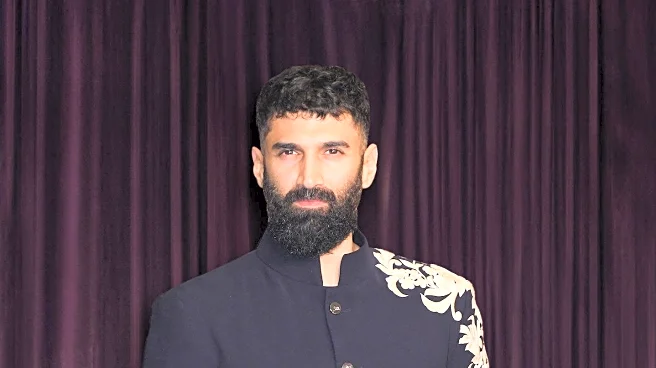Rapid Read • 7 min read
The United States and Israel have suspended ceasefire talks with Hamas, citing the group's lack of coordination and good faith in negotiations. The talks, mediated in Qatar, aimed to end the ongoing conflict in Gaza, which has resulted in severe humanitarian conditions. Steve Witkoff, President Trump's special envoy, stated that alternative options are being considered to address the hostage situation and stabilize Gaza. Hamas expressed surprise at the U.S. decision, claiming it was committed to reaching a permanent ceasefire agreement.
AD
The suspension of ceasefire talks could exacerbate the humanitarian crisis in Gaza, where thousands are suffering from starvation due to Israeli restrictions on aid. The situation has drawn international criticism, with calls for Israel to allow more aid into the region. The failure to reach a ceasefire also impacts regional stability and the prospects for peace in the Middle East. The U.S. and Israel's stance may affect diplomatic relations with other countries advocating for humanitarian relief and a resolution to the conflict.
The U.S. and Israel are considering alternative options to address the hostage situation and stabilize Gaza. The recall of negotiators might be a pressure tactic to push Hamas towards a more favorable agreement. International pressure on Israel to ease restrictions and allow aid into Gaza is likely to increase. The humanitarian crisis may prompt further diplomatic efforts from European countries and other stakeholders to broker a ceasefire and address the needs of the civilian population.
The ongoing conflict and humanitarian crisis in Gaza highlight the complex geopolitical dynamics in the region. The situation raises ethical concerns about the impact of military actions on civilian populations and the role of international aid organizations in conflict zones. The crisis may influence public opinion and policy decisions in countries with significant Jewish and Muslim populations, potentially affecting domestic and foreign policy.
AD
More Stories You Might Enjoy











